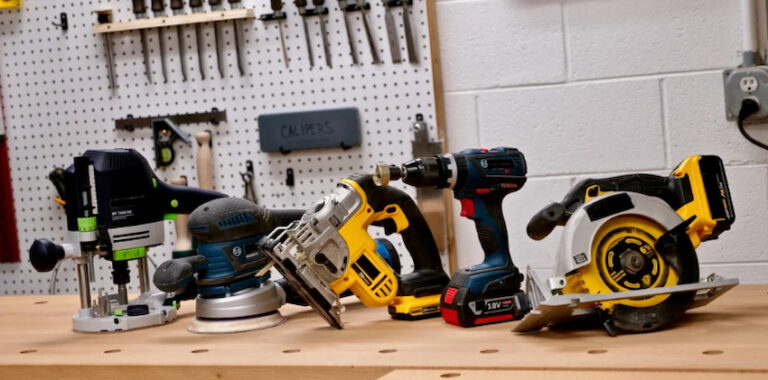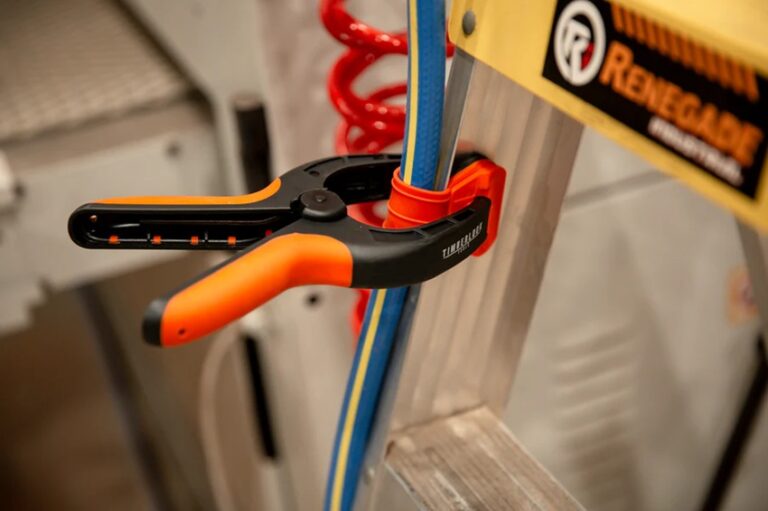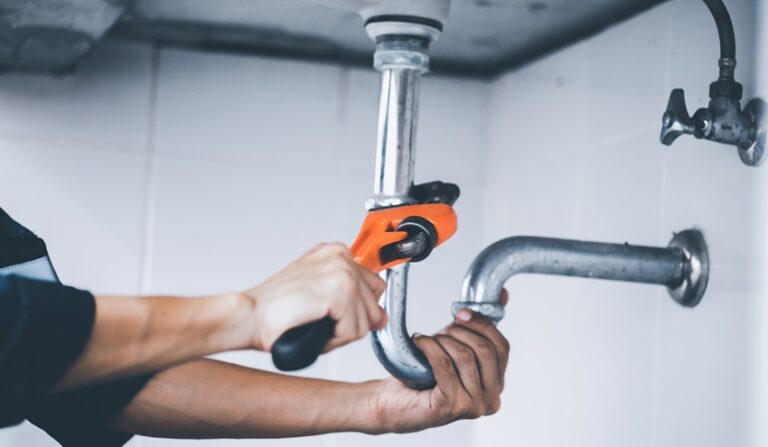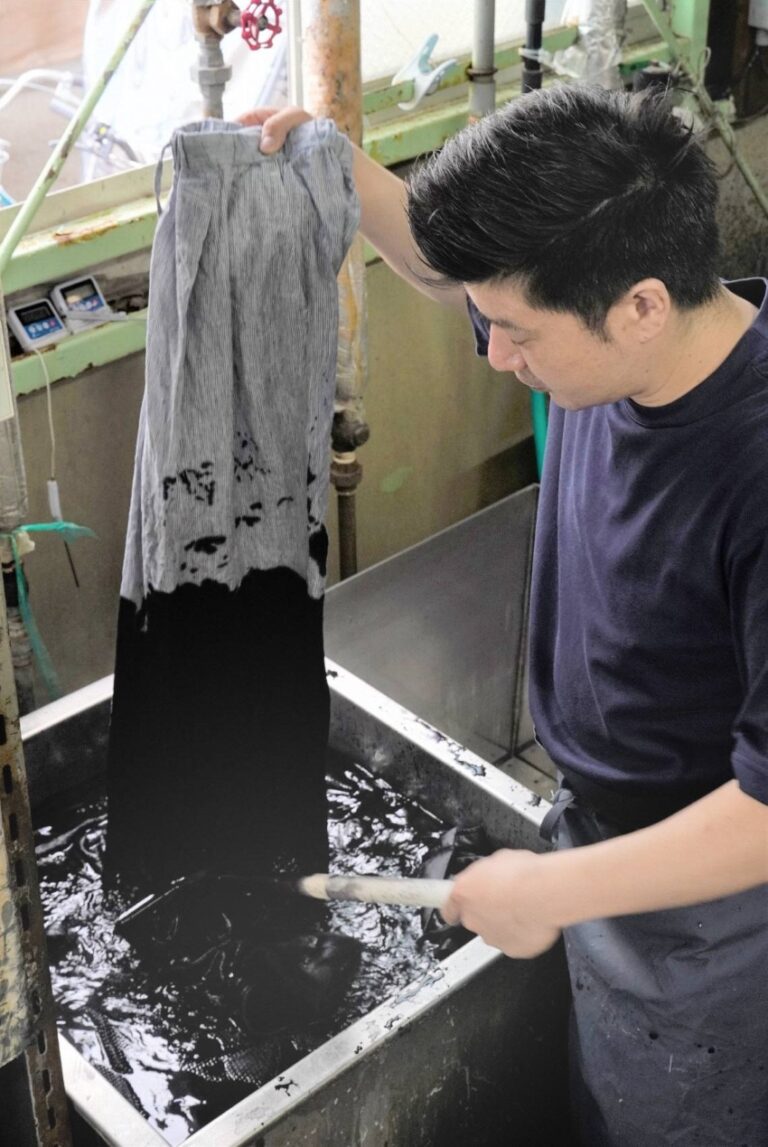Hydraulic pipe bender machines are indispensable tools in various industries, from automotive and construction to plumbing and manufacturing. These machines are designed to bend pipes and tubes to specific angles and shapes with precision, efficiency, and minimal effort. Whether you’re working with steel, copper, or aluminum, a hydraulic pipe bender can be an invaluable asset in ensuring your projects meet exact specifications.
Let’s discus the workings, types, and applications of hydraulic pipe bender machines, providing a comprehensive guide to understanding these powerful machines.
How Hydraulic Pipe Bender Machines Work
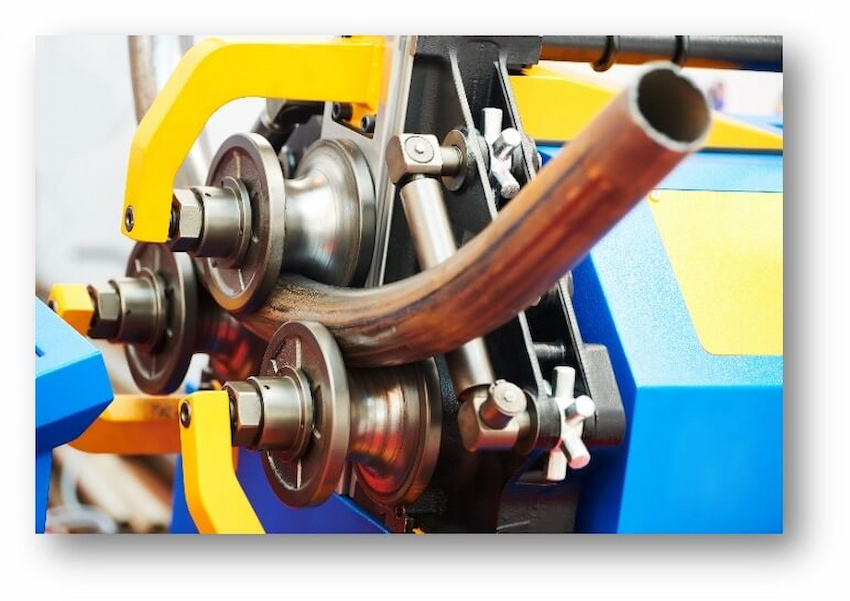
Hydraulic pipe bender machines operate on the basic principle of hydraulic pressure. A hydraulic system uses fluid, typically oil, to create a force that moves a piston inside a cylinder. When activated, the hydraulic fluid is pushed through the system by a pump, which generates pressure. This pressure is then applied to the piston, which in turn applies force to the pipe, bending it to the desired angle.
The hydraulic system allows for a smooth and controlled bending process, which is crucial when working with metal pipes that need to maintain their structural integrity. The amount of force exerted can be precisely controlled, allowing for bends of varying degrees and radii without causing damage to the material.
Types of Hydraulic Pipe Bender Machines
Hydraulic pipe bender machines come in various types, each designed to suit different needs and applications. The most common types include:
- Manual Hydraulic Pipe Benders: These machines are typically operated by hand and are ideal for smaller projects or for use in workshops where electricity might not be readily available. They are portable, cost-effective, and capable of bending pipes up to a certain diameter. However, they require more physical effort compared to other types.
- Electric Hydraulic Pipe Benders: Electric hydraulic benders are more powerful and can handle larger pipes with greater ease. They are equipped with an electric motor that drives the hydraulic pump, reducing the need for manual labor. These machines are ideal for industrial applications where high volumes of pipe bending are required.
- CNC Hydraulic Pipe Benders: CNC (Computer Numerical Control) hydraulic benders are the most advanced type. They are equipped with computerized controls that allow for precise and automated bending. These machines are used in high-precision industries such as aerospace and automotive manufacturing, where exact specifications are critical. The CNC system can store multiple bending programs, making it ideal for repetitive tasks.
- Portable Hydraulic Pipe Benders: These machines are designed for on-site work and are highly portable. They are often used in construction and maintenance projects where pipes need to be bent on-site. Despite their portability, they are still capable of delivering powerful bending forces.
Applications of Hydraulic Pipe Bender Machines
Hydraulic pipe benders are used in a wide range of industries due to their versatility and efficiency. Some of the common applications include:
- Automotive Industry: In the automotive sector, hydraulic pipe benders are used to create exhaust systems, roll cages, and other tubular components. The precision offered by these machines ensures that parts fit together perfectly, which is essential for both performance and safety.
- Construction: In construction, hydraulic pipe benders are used to create structural elements such as handrails, scaffolding, and support beams. The ability to bend pipes on-site allows for greater flexibility in design and construction.
- Plumbing: Plumbers use hydraulic pipe benders to shape pipes for water supply systems, gas lines, and waste disposal systems. The precision of hydraulic benders ensures that pipes fit neatly into tight spaces and that connections are secure.
- Manufacturing: In manufacturing, hydraulic pipe benders are used to create a variety of products, from furniture frames to machinery parts. The ability to produce consistent, high-quality bends is crucial in ensuring that the final products meet industry standards.
- Aerospace: The aerospace industry requires components with extremely tight tolerances, and hydraulic pipe benders are up to the task. These machines are used to create hydraulic lines, fuel lines, and structural components for aircraft.
Advantages of Using Hydraulic Pipe Bender Machines
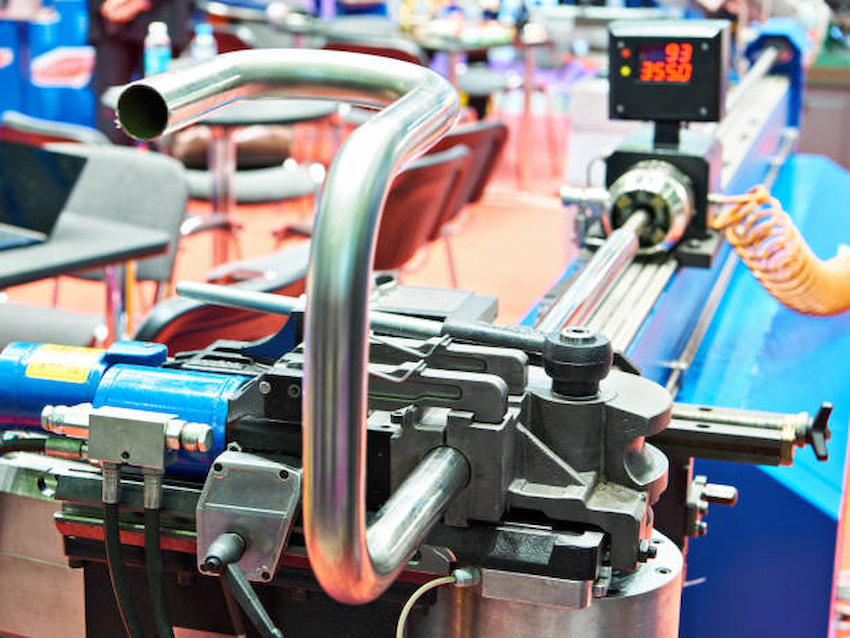
Hydraulic pipe bender machines offer several advantages over other bending methods:
- Precision: Hydraulic systems provide precise control over the bending process, allowing for accurate and repeatable results. This is particularly important in industries where exact specifications are required.
- Power: Hydraulic benders can generate a significant amount of force, making it possible to bend even thick and tough materials with ease.
- Efficiency: Hydraulic machines can complete bends quickly, reducing the time needed for each project. This is particularly beneficial in high-volume production environments.
- Versatility: With different attachments and settings, hydraulic pipe benders can handle a wide range of materials and pipe sizes, making them suitable for various applications.
- Safety: Hydraulic systems reduce the physical effort required to bend pipes, minimizing the risk of injury to operators. Additionally, the controlled nature of hydraulic bending reduces the likelihood of material damage or accidents.
Conclusion
Hydraulic pipe bender machines are essential tools in many industries, offering precision, power, and efficiency in bending pipes and tubes to exact specifications. Whether you’re working on a small-scale project in a workshop or a large industrial operation, there’s a hydraulic pipe bender to meet your needs. Understanding the types, applications, and advantages of these machines will help you select the right equipment for your tasks, ensuring that you achieve the best possible results every time.






